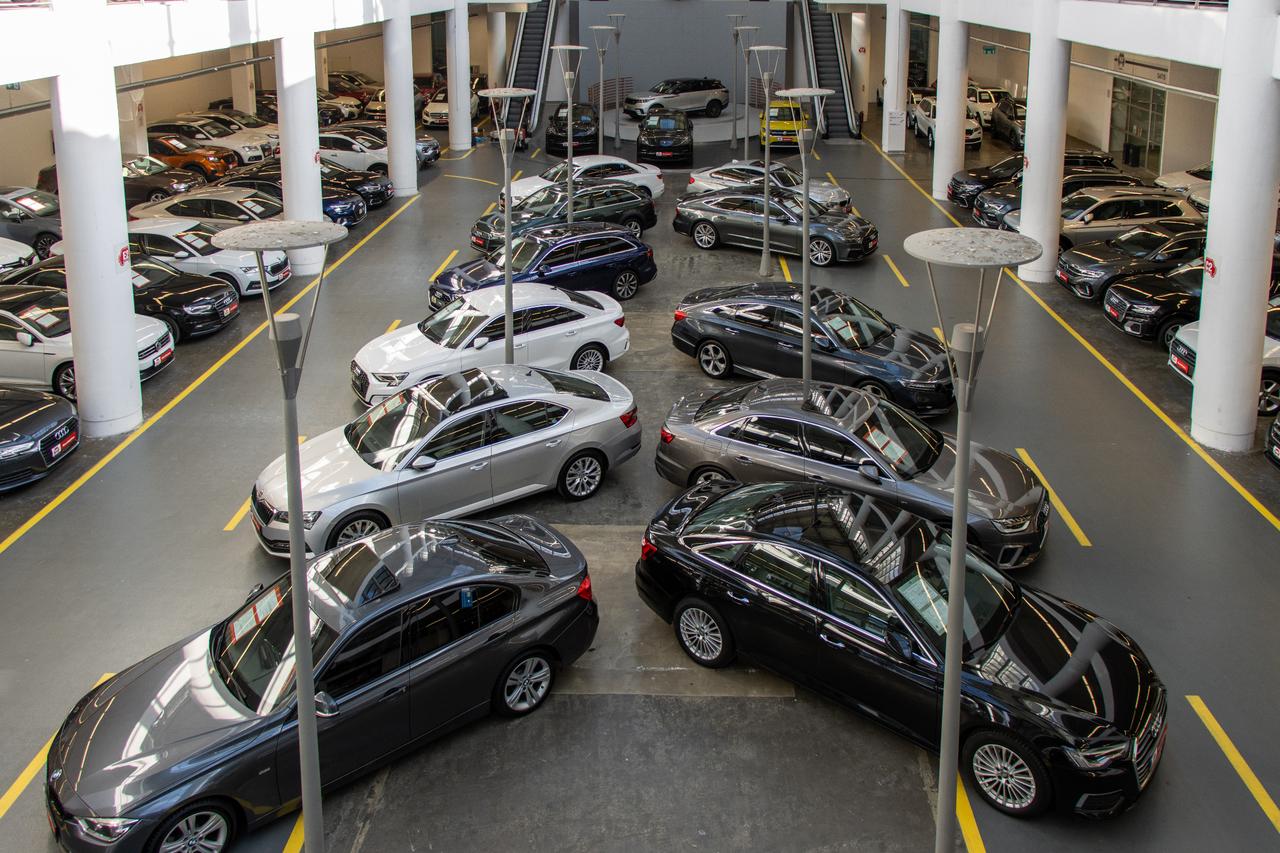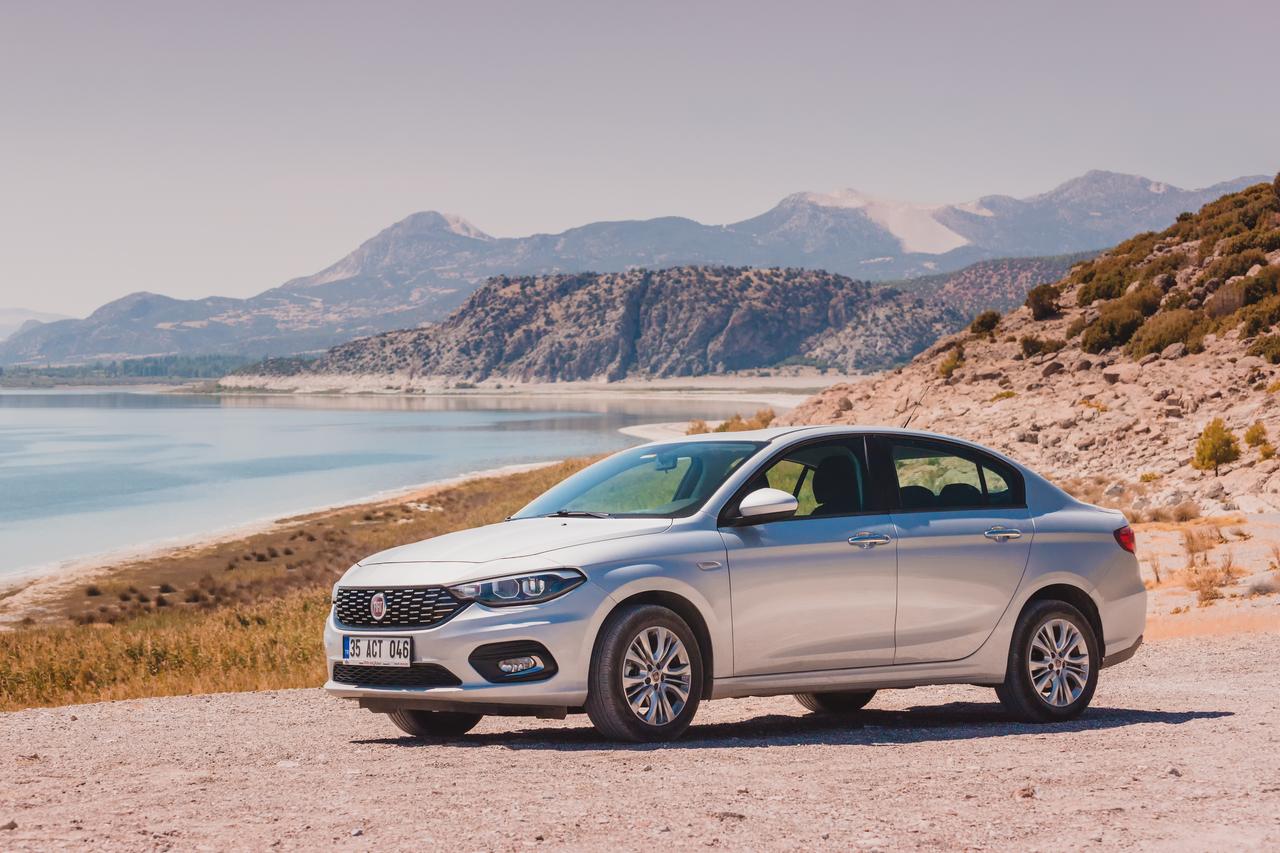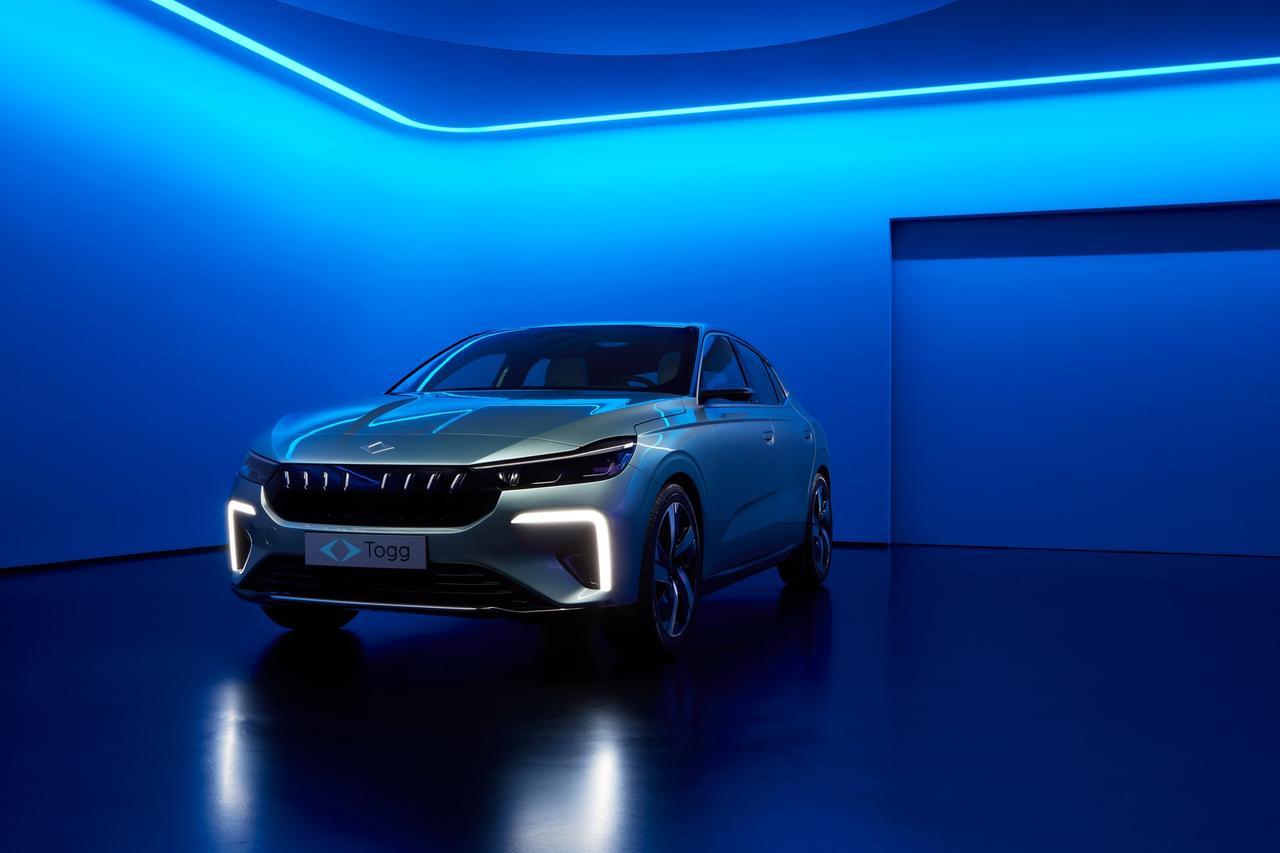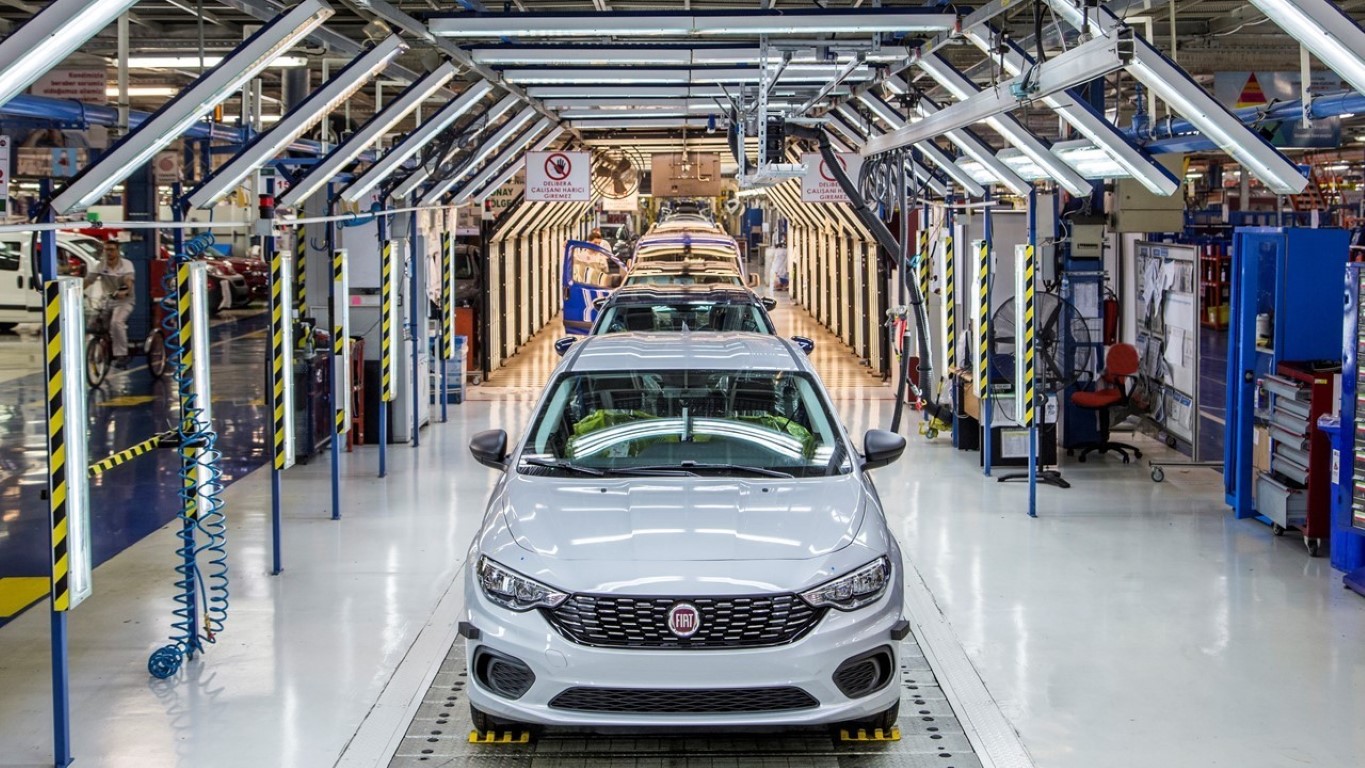
The new excise duty ratios have deepened the divergence between domestic and imported options in the Turkish auto market, as many foreign brands adjusted their price lists with stiff hikes.
Though many low-to-mid-segment producers are satisfied with the new regulation, EVs and the luxury car market are forecast to see a decrease in sales, putting more demand on domestically produced cars.
New adjustments have been made to excise duties to balance the sales of domestic and foreign vehicles.
According to an executive order published in the Official Gazette, the special consumption tax has been lowered from 15% to 20% for economic vehicles, mostly produced in Türkiye and increased by 25% for luxury vehicles.
With the new regulation, domestic cars have temporarily become more advantageous, whereas electric vehicles have become more expensive due to balancing tax assessments.
In the base vehicle category, notable price reductions have been observed following the new tax adjustments, particularly among domestically produced models.
In contrast, luxury segment vehicles experienced substantial price hikes, with increases ranging from ₺500,000 ($12,326.50) to ₺1,000,000 ($24,653.00). For example:
Nearly 98% of purchases in the luxury vehicle segment are currently being made in cash.

Following the SCT increase, electric vehicle prices have increased significantly.
The lowest SCT rate has been raised from 10% to 25%, while for models entering the luxury segment, the rates have been set at 25%, 55%, 65% and 75%.
According to NTV’s report, with this change:

According to business-focused dunya.com's report, the new regulation has been positively received by sector leaders.
Many general managers and directors support the measures, considering them beneficial for customers.
MAIS General Manager Berk Cagdas expressed his satisfaction, stating that domestic production advantages and the latest excise duty adjustments have made it even more attractive to customers to choose their top three models, thereby expanding their customer base.
FIAT Türkiye Brand Director Altan Aytac explained that the recent amendment in the regulation reduced the SCT rates for the domestically produced Egea family. The SCT rate of 80% was lowered to 70% for 1.4-liter engines and to 75% for 1.6-liter engines.
As a result, the entry price for the Egea range dropped to ₺944,964. Aytac said the opportunity greatly boosted customer interest and that he was pleased with the rising demand.
LenaCars General Manager Selcuk Nazik noted that the new tax assessments led to a 5%–10% decrease in the price of economy cars, although it may cause a 10%–20% increase in the D-segment, electric, and hybrid vehicles.
He emphasized that commercial vehicles have retained their current price advantage in the market.
Despite the benefit for economic vehicles, Nazik warned that the inflationary environment and tax-based regulations could quickly erode this advantage.
He pointed out that any vehicle currently in the 70% SCT band could move into the 90%–100% range under high inflation conditions.

The Trade Ministry announced that it is closely monitoring auto price changes following the latest SCT revisions.
The ministry, which prioritizes a stable and fair automobile market, is investigating manipulative pricing, unauthorized sales, and other disruptive practices, applying penalties and sanctions as needed.
It aims to prevent unregistered transactions, protect consumers, and ensure price stability. It also reminded the public that the sale of second-hand vehicles is only lawful with an authorization certificate, and selling over three vehicles per year is considered a commercial activity. To date, ₺103 million ($2.53 million) in fines have been issued to 220 unlicensed individuals and companies.
January–June 2025 statistics clearly position imports as dominant in Türkiye’s auto industry. Out of 1,215,954 total auto sales, 881,972 were imported, while 333,982 were domestically produced.
This indicates that approximately 72.5% of sales were imports, and only 27.5% were local.
The gap is even wider in the electric vehicle segment. Türkiye’s only domestically produced EV, Togg, sold 17,101 units in the first half of the year.
In contrast, foreign electric vehicle brands—including Tesla, BYD, MG, Renault, and Audi—sold 117,944 units.
This puts the market share of domestic EVs at just 12.66%, compared to 87.34% for imports.